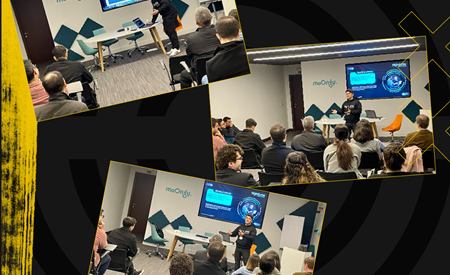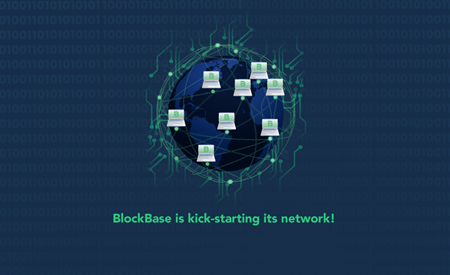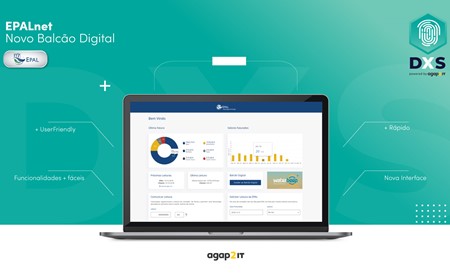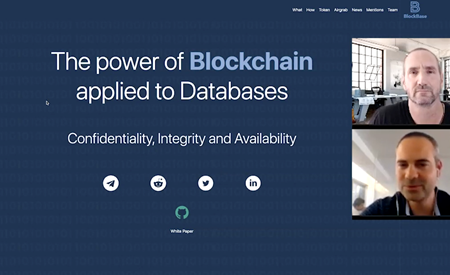Cybersecurity is a constant challenge for businesses these days. While technology can help protect against digital threats, the truth is that people are often the weakest link in a company's security defense. That's why it's critical to have a strong Human Firewall culture in place.
This can be referred to using education and training to prevent employees from unintentionally or intentionally exposing an organization to cyber threats and remaining vigilant against them. This could include training employees on how to recognize phishing emails or properly handle sensitive information, how to use security software and protocols, and how to report suspicious activity so the company can take appropriate action. In addition, organizations can implement policies and procedures to ensure that employees are aware of their roles and responsibilities when it comes to maintaining the security of the organization's network and data.
Cyber criminals are becoming more and more sophisticated in their attack strategies and therefore it is important to implement such a culture. These use social engineering tactics like phishing emails to trick employees into providing sensitive information or access to a company's network. It is therefore critical to have a strong Human Firewall culture in place. By educating and training employees on how to recognize and respond to these types of attacks, companies can dramatically reduce the risk of a data breach.
In this sense, adopting a Human Firewall culture requires a comprehensive approach. This includes giving regular training and awareness campaigns to the team, running simulations of phishing and ransomware attacks, implementing security policies and procedures, and providing employees with the tools and resources they need to stay safe online.
There are already some companies that are working on a culture of this type in Europe, as is the case of one of the largest oil and gas companies in Europe, BP, which implemented a Human Firewall culture to protect its network against cyber threats . In order to ensure that everyone in the organization is aware of their security responsibilities, regular training has been defined for all employees and a solid security policy has been established.
We can conclude that the adoption of a Human Firewall culture in companies is essential to protect them against cyber threats. By empowering employees with knowledge and training, companies can reduce the risk of data loss and prevent intentional or unintentional exposure to attacks. This culture must be incorporated into the company's policies and procedures and must be reinforced through regular training and awareness campaigns. A Human Firewall is not just about implementing technology, it is about creating a culture of security awareness that involves everyone in the organization. By investing in their people, companies can ensure a secure and transparent defense against cyber attacks and protect their most valuable assets.
Marcelo Nascimento, Cybersecurity, agap2IT

 Our Offers
Our Offers









































































































